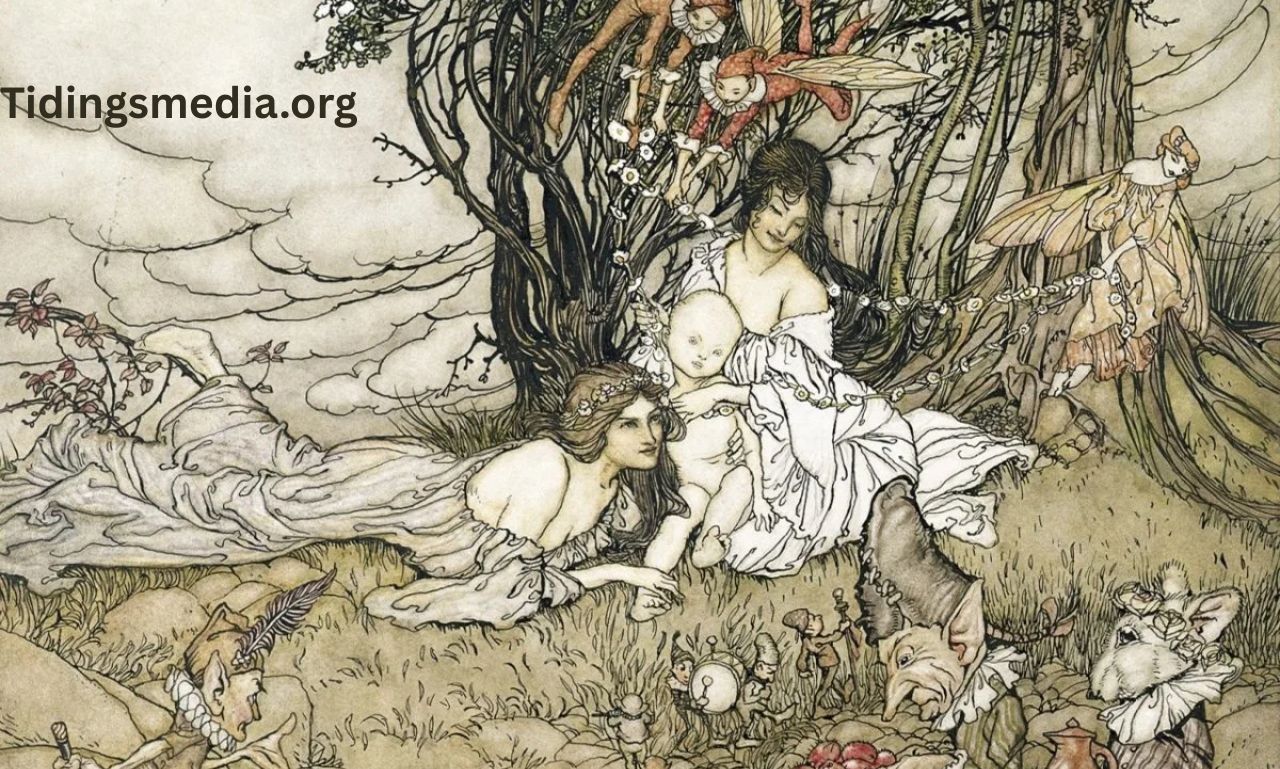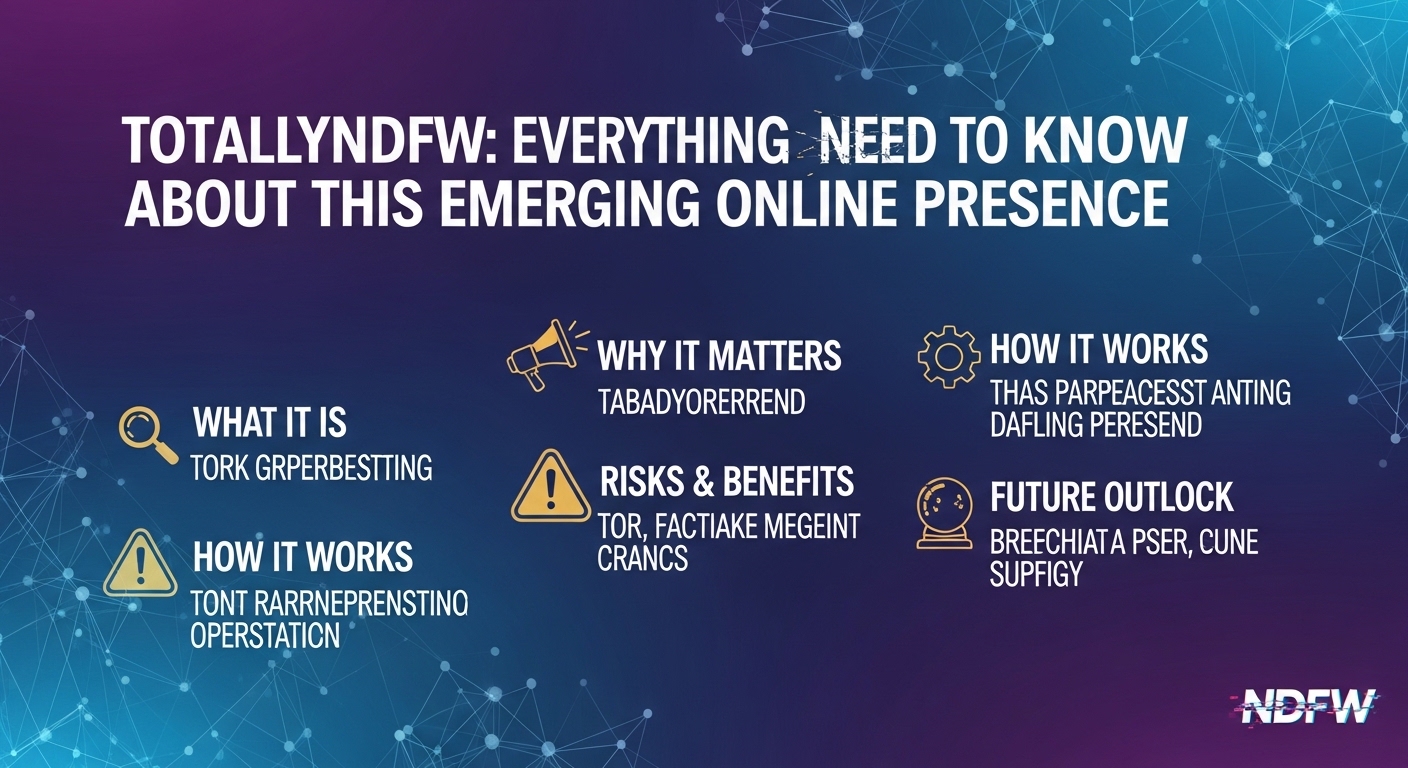In recent years, the term đeman has sparked curiosity across digital platforms, academic discussions, and pop culture references. While it may appear unfamiliar to many, carries a deep cultural, historical, and even mythical resonance in several Balkan and Slavic traditions. In this article, we explore the origin, symbolism, usage, and evolving perception of the keyword đeman, shedding light on its unique position in language, folklore, and contemporary expression.
What Is Đeman?
The word đeman is often associated with mystical beings or spiritual symbols across Balkan folklore. Historically, it has been tied to representations of energy, supernatural influence, or even protection. Depending on regional dialects and cultural variations, may refer to:
-
A mystical entity believed to guide or guard individuals
-
An amulet or talisman for spiritual protection
-
A legendary figure in folk tales from Southeastern Europe
Đeman in Folklore: Symbolism and Myth
In Balkan and Eastern European folklore, a đeman is not necessarily a creature of evil—as often portrayed in Western concepts of demons—but instead a spiritual force that can either help or hinder, depending on its alignment. In some myths:
-
Đeman represents the balance between light and shadow, much like the yin-yang in Chinese philosophy.
-
In certain tales, a watches over forests or ancient sacred sites.
-
It is believed that a đeman could only be summoned by those with deep spiritual knowledge or intent.
These mythologies continue to fascinate modern readers and have inspired art, music, and literature rooted in Slavic mysticism.
The Linguistic Roots of the Word Đeman
The etymology of đeman is debated. Linguists suggest it might stem from old Slavic languages, where similar-sounding words referred to spirits, supernatural beings, or celestial intermediaries. In Turkish, the word “demon” (daimon) also appears in older texts, and there could be a phonetic link across cultures due to historic Ottoman influences in the Balkans.
Interestingly, the word is sometimes mistaken for “džin” (genie or jinn), which refers to supernatural beings in Islamic and Middle Eastern traditions.
Đeman in Contemporary Usage
In the modern era, đeman is undergoing a cultural renaissance. From spiritual circles to online communities, the word is regaining attention:
1. Modern Spiritual Practices
Some New Age practitioners reference as a symbol of inner balance or spiritual awakening. It may be used in meditative chants or inscribed on talismans. While not as mainstream as chakra or karma, đeman is gaining ground in niche spiritual philosophies.
2. Digital and Gaming Culture
In fantasy games and online lore-based platforms, đeman is often used to describe a powerful mystical character or force. Indie game developers and fantasy writers are incorporating into character lore, often drawing from its rich mythological roots.
3. Artistic Interpretation
Artists have embraced the symbolism of đeman, using it in paintings, digital illustrations, and poetry to represent the unknown, duality, and the cosmic dance between good and evil. The mysterious sound and spelling of the word add to its allure in artistic narratives.
Cultural Sensitivity and Misinterpretations
With the rising popularity of unique and culturally rich terms like đeman, there’s always the risk of appropriation or misinterpretation. It’s crucial to approach the term with respect to its cultural context.
Avoiding Misuse:
-
Đeman is not a generic word for a demon; treating it as such strips it of its layered meaning.
-
Its spiritual or folkloric roots deserve proper attribution and understanding.
How to Incorporate Đeman in Writing and Storytelling
If you’re a writer, poet, or content creator intrigued by the term đeman, consider using it as:
-
A metaphor for internal conflict or growth
-
A mystical guide or force in fantasy stories
-
A symbol for cultural richness or ancestral memory
The more authentic your use, the more powerful your message will be.
The Future of Đeman in Pop Culture
Given its mysterious charm and deep cultural roots, the term đeman is likely to continue its rise in popularity. As more creators look for unique terms that evoke myth and magic, stands out for its phonetic uniqueness and rich historical connotation.
Streaming platforms, music albums, and book titles have already started to use the word to intrigue audiences. As this trend grows, we may see a broader acceptance and understanding of what đeman truly represents.
Conclusion
The journey of the word đeman—from ancient myths to modern culture—proves its timeless appeal. Whether seen as a guardian spirit, a symbol of balance, or a mystical force, continues to inspire fascination and creativity. As long as it’s used with cultural awareness and respect, its legacy will only deepen and flourish.














